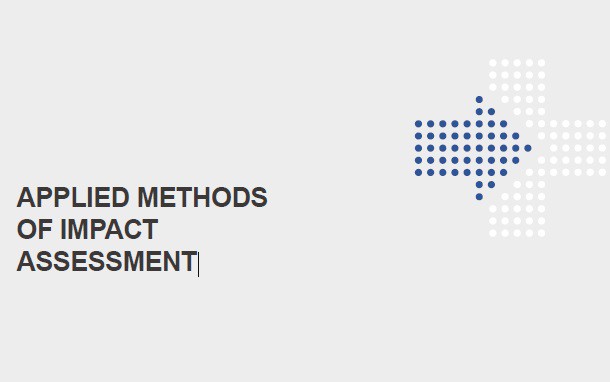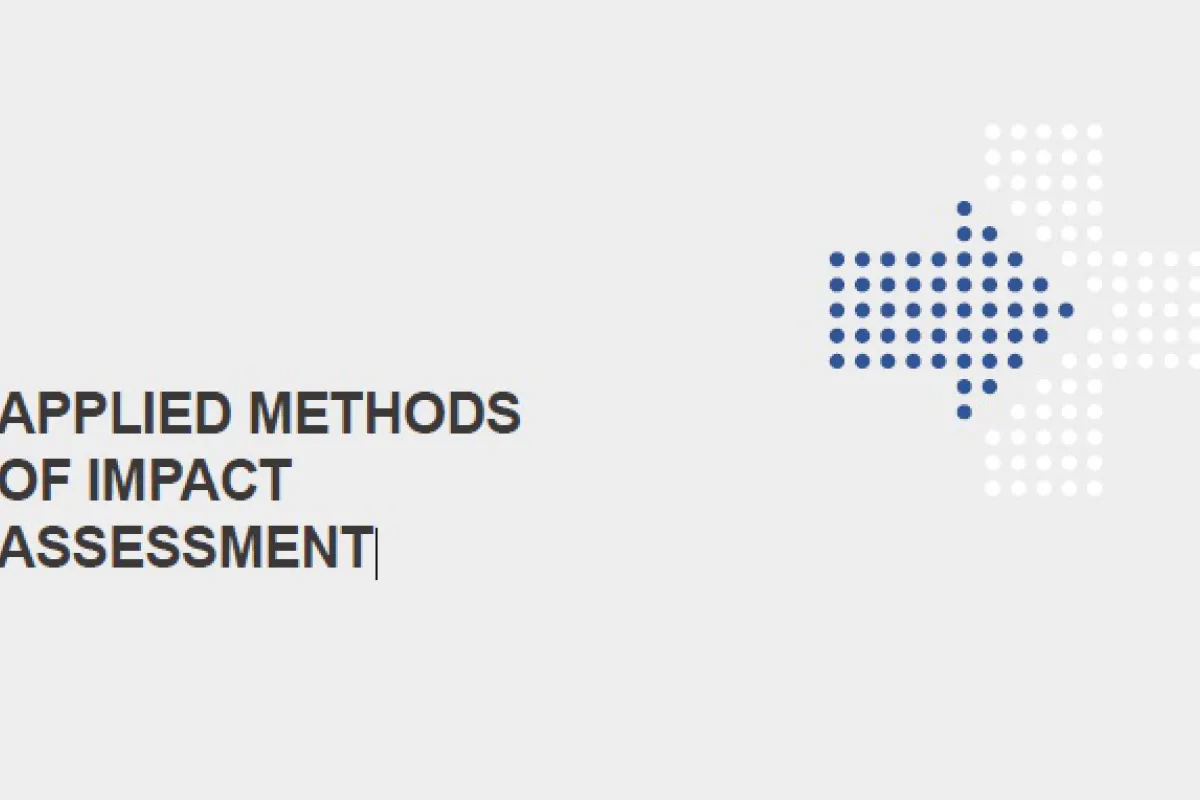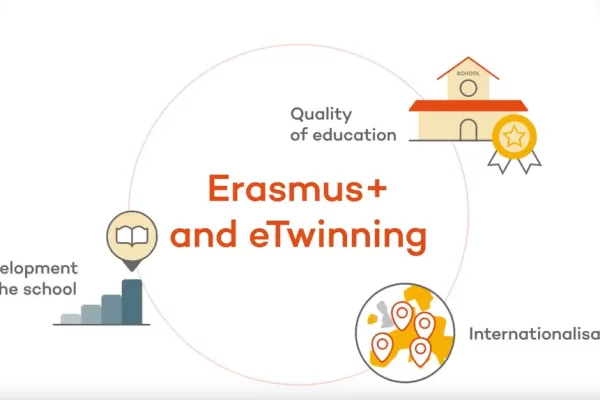Resume
The model results are presented for an overall indicator and sub-indicators. The report contains a comparative analysis with regard to selected socio-economic criteria. The general objective of the impact model for Erasmus+ is to create a transparent target architecture and an instrument for impact-oriented monitoring. The results are to be interpreted in their relative relations to each other. The overall indicator and the sub-indicators imply the level of effects for the years of participation in the programme examined. These indicators reflect participants' self-assessment of the issues raised and due to high response rates can be considered a reliable measure of the individually perceived or expected effects of mobilities. The added value of the model lies in the longitudinal comparison of indicators and in the comparison in regard to socio-economic criteria.
Conclusions
- Due to the total number of datasets, the stability of results both in terms of time and geography, and the low variance the model is well suited to reflect the participants' (self) assessment of the effects of VET mobility in Erasmus+.
- The impact of mobilities on the participant’s development and (in terms of participating staff) the development of the sending institutions is appreciated by the participants.
- The effect from the point of view of the participants is particularly high in the area of their own competences, and above all in the field of personal and social skills.
- Although the assessment of the effects of mobilities in the topics of innovation, European citizenship and system improvement is less than in the areas of competence, employability and professional development, the participants also feel that these topics are positively impacted by the mobility. Among other things, this could be explained by greater importance of possible national differences in attitudes (e.g. towards the EU), as well as differences in the level of innovation of the institutions involved and in the different systems to which the sending and receiving institutions belong.
Recommendations
- NA
Downloads
- Applied methods of impact assessment, Vocational Education and Training 1MB / pdf Download

More information?
Looking for more information about this project? Get in touch: valorisierung@oead.at.




